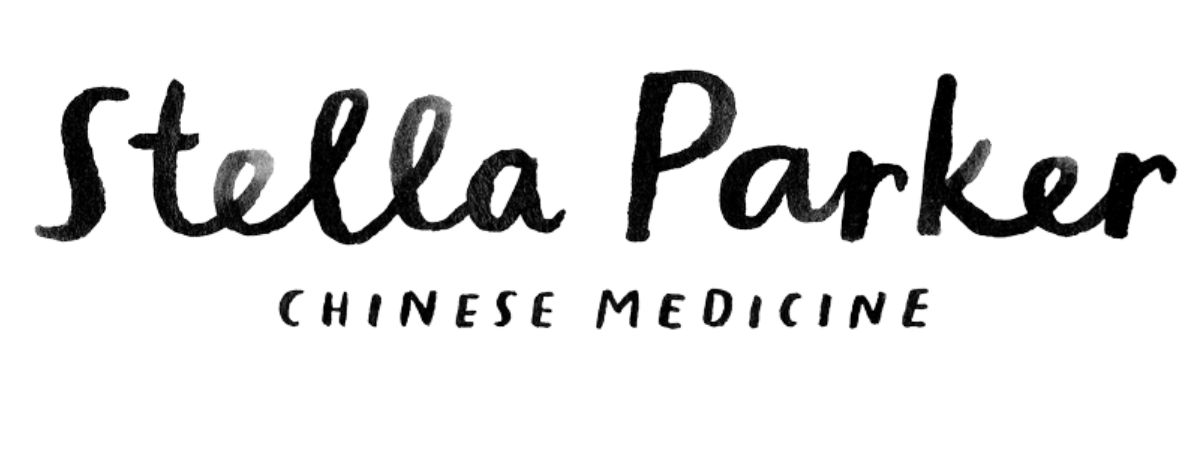Ever gone to your doctor in desperation and asked if you might possibly have adrenal fatigue? If your experience was anything like mine, you’ve been brushed away with a dismissive “adrenal fatigue doesn’t exist” more times than you can count :(
And while they’re right in saying that a health condition by this name does not exist, what people feel is real… and if you’re questioning what’s going on and if this might be you, you’re likely beyond exhausted, foggy headed, have low immunity and feel tired and wired all the time. And you know what? This cluster of symptoms can relate to a condition called hypothalamic-pituitary-adrenal or HPA Axis Dysregulation! So no, you’re not making these things up!
The HPA axis plays an important role in the body's stress response, and in good news for all of us, acupuncture has been shown to modulate this system and help those struggling with adrenal fatigue. Read on!
Regulating the HPA Axis
The HPA axis is a complex system responsible for regulating the body's response to stress. In brief, when the body is under stress, the hypothalamus releases a hormone called corticotropin-releasing hormone (CRH), which stimulates the pituitary gland to release adrenocorticotropic hormone (ACTH). ACTH then signals the adrenal glands to release cortisol, which is a hormone that helps the body deal with stress. In people with adrenal fatigue, this system can become dysregulated, leading to imbalances in cortisol levels and other hormones (1).
Some studies suggest that acupuncture can help regulate the HPA axis, in turn relieving all those adrenal fatigue symptoms. It does by modulating the expression of genes involved in the stress response (2). Another study published in the Journal of Endocrinological Investigation found that acupuncture can increase the expression of glucocorticoid receptors in the brain, which can help to improve the body's response to stress.
Reducing Inflammation
It’s a natural response that occurs when the body is under stress, but chronic inflammation can contribute to a wide range of health problems, including – you guessed it - adrenal fatigue. Acupuncture has been shown to have anti-inflammatory effects, and may reduce levels of inflammatory cytokines (the molecules that contribute to inflammation) (3, 4). Another study published in the Medical Acupuncture Journal found that acupuncture can increase the production of anti-inflammatory cytokines, which can help to reduce inflammation and improve immune function 5).
Improving Sleep Quality
Not only are you exhausted, but when you do finally manage to fall asleep, your night is often wracked with sleep disturbances when you’re battling adrenal fatigue. It’s well lauded that acupuncture has been shown to improve sleep quality and duration, which can help to alleviate symptoms of adrenal fatigue (6). A Sleep Research study also found that acupuncture can increase the production of melatonin, a hormone that regulates sleep-wake cycles.
Boost Your Energy
Of course, fatigue is one of the most common symptoms of adrenal fatigue, so it would be handy to get more energy, right? Interestingly, a 2015 study published in the Journal of Acupuncture and Meridian Studies found that acupuncture can improve the symptoms of chronic fatigue syndrome, which shares many similarities with adrenal fatigue. Twice a week acupuncture treatments for a period of time yielded significant improvements for participants on their fatigue levels, physical function, and overall quality of life compared to the control group. That sounds like a win!
Adrenal fatigue symptoms are ultra-challenging and affect so many parts of one’s life, so if you’ve been shrugged off or yet to get to the root of this, why not come in for a treatment? Let’s get you well again!
Sources:
1. Chrousos, G. P. (2009). Stress and disorders of the stress system. Nature Reviews Endocrinology, 5(7), 374-381. doi: 10.1038/nrendo.2009.106.
2. Liang, R., Ren, X., Li, Y., Yang, X., Li, L., Liu, J., & Liu, Y. (2019). Acupuncture regulates the HPA axis and related genes expression in the hypothalamus-pituitary-adrenal gland axis of chronic stress-induced anxiety rats. Evidence-Based Complementary and Alternative Medicine, 2019, 1-11. doi: 10.1155/2019/7408786.
3. Kim, S. H., Park, H. J., Lee, H., & Shim, I. (2010). The anti-inflammatory effects of acupuncture stimulation at PC6 (the inner gate) acupoint on the inflammatory response in rats with collagen-induced arthritis (CIA). Journal of Korean Medical Science, 25(8), 1191-1196. doi: 10.3346/jkms.2010.25.8.1191.
4. Chen, Y., Huang, J., Chen, Y., & Hou, W. (2020). Acupuncture reduces serum levels of inflammatory cytokines in patients with chronic obstructive pulmonary disease. Journal of Thoracic Disease, 12(3), 194-202. doi: 10.21037/jtd.2019.12.104.
5. Wang, Y., Zhu, J., Meng, X., Wang, J., & Xie, K. (2019). Acupuncture modulates pro-inflammatory cytokines in patients with chronic low back pain. Journal of Alternative and Complementary Medicine, 25(2), 170-177. doi: 10.1089/acm.2018.0211.
6. Yeung, W. F., Chung, K. F., Tso, K. C., Zhang, S. P., Zhang, Z. J., Ho, L. M., ... & Zhang, J. P. (2009). Electroacupuncture for primary insomnia: A randomized controlled trial. Sleep, 32(8), 1039-1047. doi: 10.1093/sleep/32.8.1039.
7. Spence, D. W., Kayumov, L., Chen, A., Lowe, A., Jain, U., Katzman, M. A., ... & Shapiro, C. M. (2004). Acupuncture increases nocturnal melatonin secretion and reduces insomnia and anxiety: A preliminary report. Journal of Neuropsychiatry and Clinical Neurosciences, 16(1), 19-28. doi: 10.1176/jnp.16.1.19.
8. Kim, Y. J., Park, J. H., Lee, J. A., & Lee, M. S. (2015). Acupuncture for chronic fatigue syndrome and idiopathic chronic fatigue: A pilot randomized controlled trial. Journal of Acupuncture and Meridian Studies, 8(5), 249-256. doi: 10.1016/j.jams.2015.02.002.

